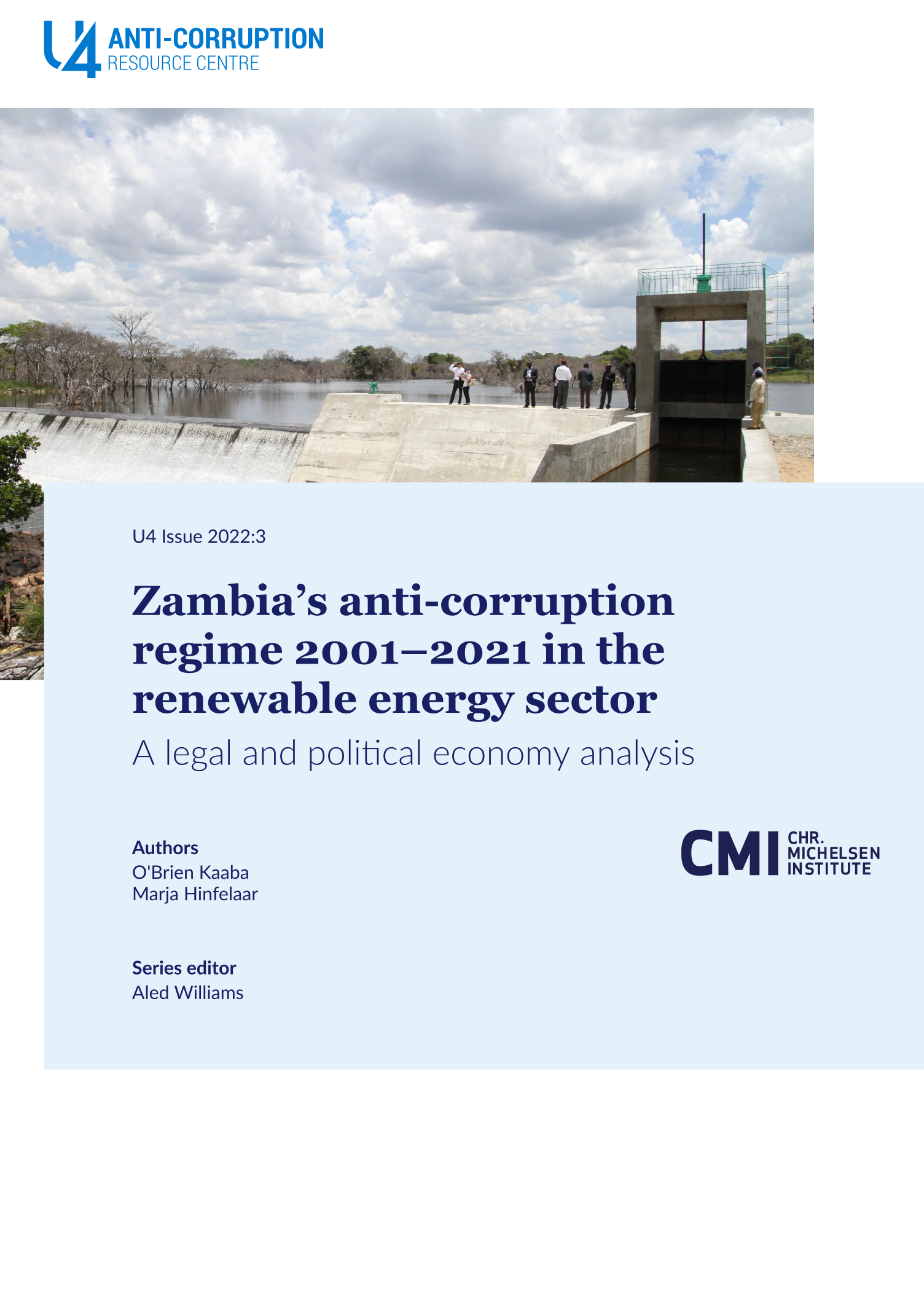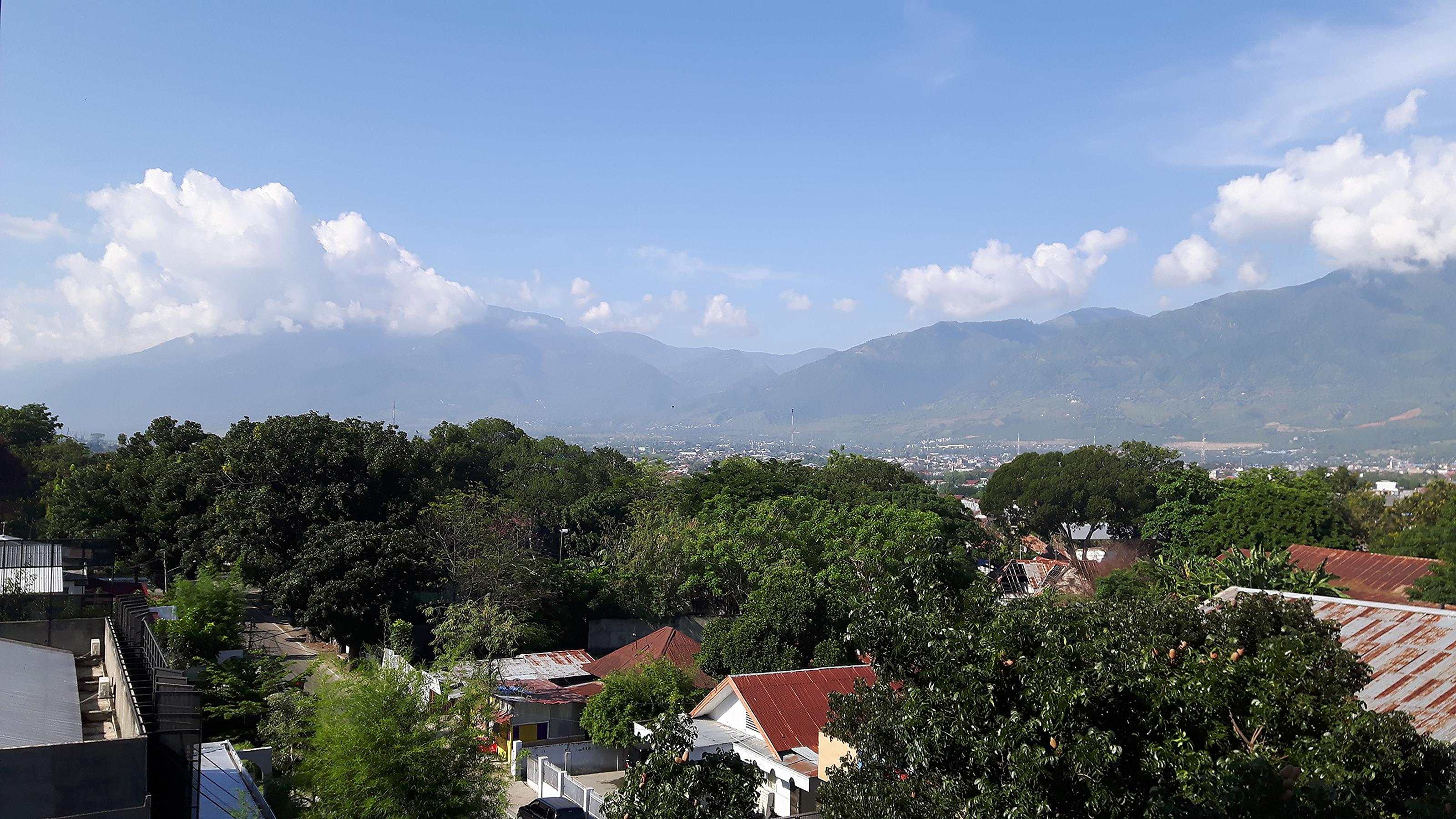Main points
- Practices of corruption and anti-corruption interventions have to be examined within the context of Zambia’s political economy in order to understand under which circumstances anti-corruption strategies can be sustained. Given the executive-driven nature of Zambia’s political system, the fight against corruption is and has largely been driven by the dispositions of the presidents.
- The autocratic backsliding in Zambia since 2009 resulted in heightened corruption and was used to make the ruling party more dominant and to systematically undermine institutional systems of checks and balances like the Financial Intelligence Centre, the Anti-Corruption Commission and the judiciary.
- The elections of 12 August 2021, which resulted in a regime change, have the potential to reverse the trend of autocratisation and systematic corruption if the executive promotes autonomy of the institutions.
- Harmonisation of anti-corruption laws and reduction of the number of bureaucratic hurdles are necessary, as well as in-depth verification and auditing of renewable energy projects.
- Zambia should adopt the World Bank strategy of disbarment of companies and should consider revitalizing the Rural Electricity Agency (REA)’s Integrity Committee.
- Donors can play a role by increasing the visibility or reputational risks for junior companies; help local authorities scrutinise locally based companies and keep decentralisation from becoming another layer of corruption risk; encourage shareholder or partner pressure to address corruption risks; and place a focus on anti-corruption mechanisms in the upcoming deal with the IMF.


